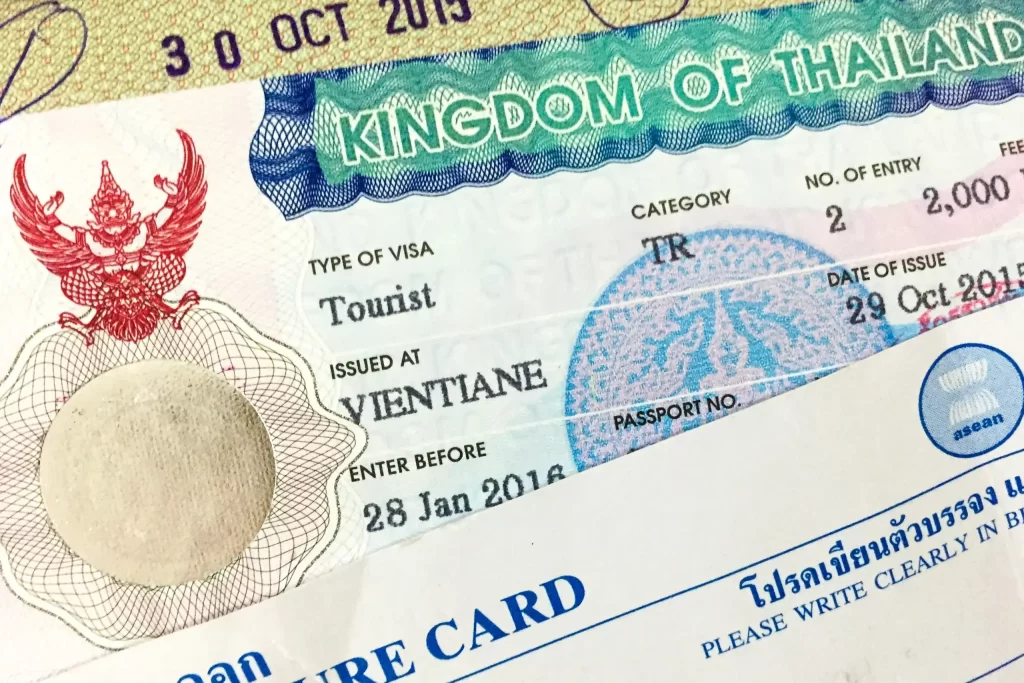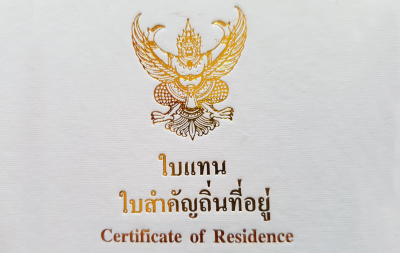5-Year Retirement Visa in Thailand

The 5-Year Retirement Visa in Thailand, commonly known as the Non-Immigrant Visa O-X, is a long-stay visa designed for foreigners aged 50 and above who wish to reside in Thailand on a more permanent basis. Introduced in 2016 under the directive of the Royal Thai Police Immigration Bureau and Ministry of Interior, this visa offers […]
Child Adoption in Thailand

Child adoption in Thailand is a deeply regulated and culturally sensitive process, governed by a combination of domestic laws, international conventions, and administrative procedures. The process is designed to prioritize the best interests of the child while ensuring that adoptive parents meet stringent legal, ethical, and social standards. This article provides an in-depth examination of […]
Foreign Business Act

The Foreign Business Act B.E. 2542 (1999) regulates foreign business operations in Thailand. Its primary objective is to safeguard Thai industries while facilitating foreign investments in sectors beneficial to economic growth. The act identifies three categories of restricted business activities, stipulates conditions for foreign ownership, and provides exemptions through mechanisms such as Board of Investment […]
Thailand SMART Visa

The Thailand Smart Visa program aims to attract highly skilled professionals, investors, executives, and entrepreneurs, fostering innovation and economic growth in targeted industries. This special visa category offers extended stays and streamlined processes, making it ideal for foreign talent and business leaders. 1. Smart Visa Categories and Eligibility Smart “T” (Talent): Designed for experts in […]
Permanent Residency Thailand

Thailand’s Permanent Residency (PR) Visa offers long-term residents the opportunity to live indefinitely in Thailand without needing to renew a visa frequently. Managed by the Immigration Bureau, the PR Visa allows foreigners to establish permanent residency, with benefits like the ability to purchase property, apply for a work permit, and eventually qualify for Thai citizenship. […]
Title Deed in Thailand

Title Deed in Thailand. In Thailand, title deeds are critical legal documents that define land ownership and usage rights. The Land Department of Thailand is responsible for issuing and maintaining these documents. There are different types of title deeds, each providing varying degrees of ownership security and rights. These include the Chanote (Nor Sor 4 […]
Intellectual Property in Thailand

Intellectual property is a critical asset for any business, and safeguarding it requires an in-depth understanding of local laws and regulations. Tilleke & Gibbins has recently contributed an overview of patents, utility models (known as “petty patents” in Thailand), trademarks, and copyright to Practical Law, the world’s leading legal publication. Patents Patents protect inventions, including […]
Making a Thai Will and Succession

Drawing up a will is an important step for anyone who owns assets in Thailand. Contacting a legal professional for personalised advice and to ensure compliance with Thai law is highly recommended. Having an estate plan in place protects your wishes and ensures that your loved ones are taken care of after your death. There […]
Bankruptcy Law in Thailand

Bankruptcy law in Thailand serves as a critical legal mechanism for addressing situations where individuals or businesses are unable to meet their financial obligations. Governed by the Bankruptcy Act B.E. 2483 (1940) and its subsequent amendments, the process of bankruptcy in Thailand is designed to balance the interests of debtors and creditors, providing a structured […]
Mergers & Acquisitions in Thailand

Mergers & acquisitions (M&A) are critical components of corporate strategy, enabling businesses to grow, diversify, and enhance competitiveness. In Thailand, the M&A landscape has been shaped by a combination of legal regulations, market conditions, and cultural factors. This guide provides a detailed overview of the M&A process in Thailand, including legal considerations, procedural steps, challenges, […]

